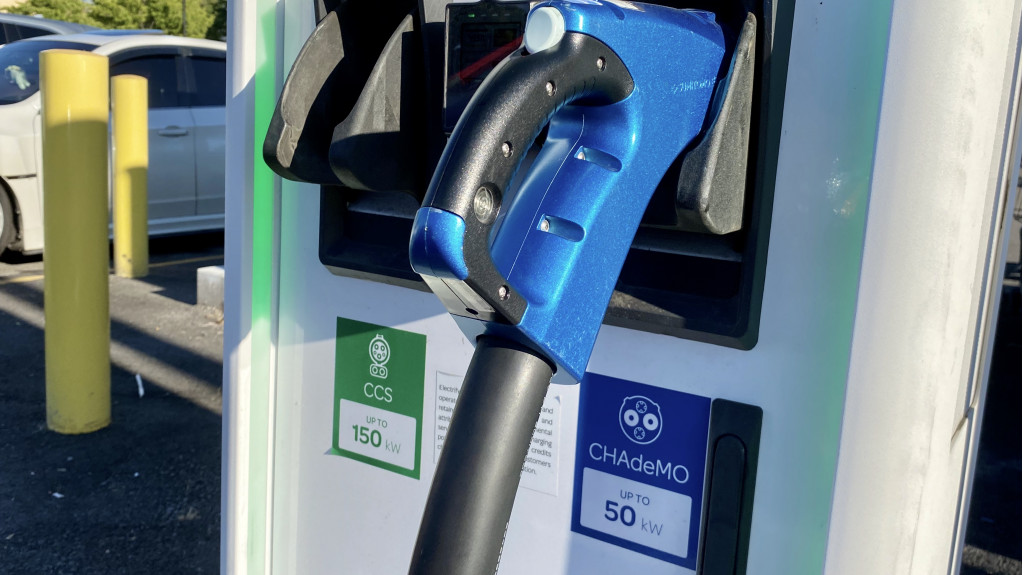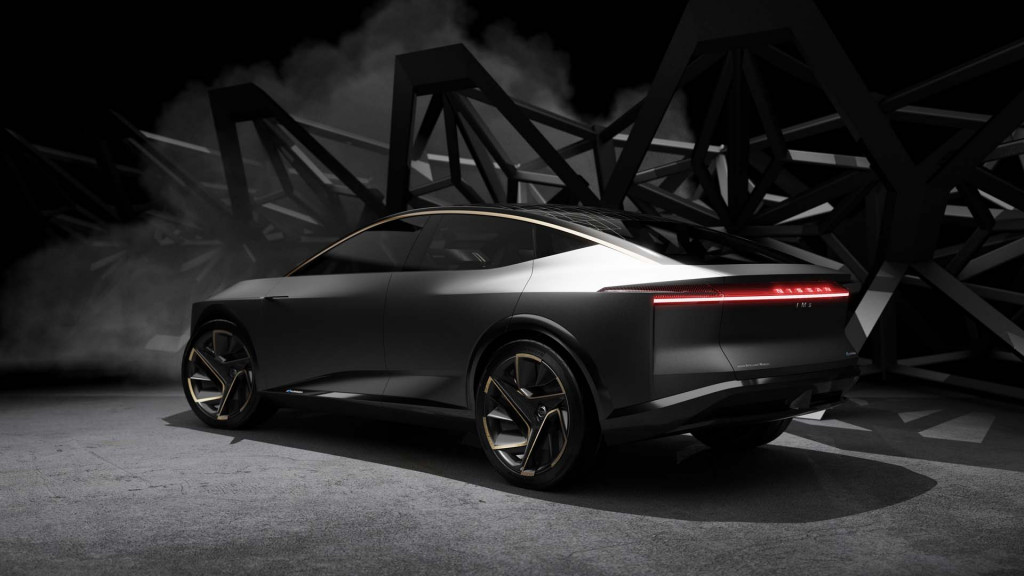Nissan on Wednesday became the first Japanese automaker to confirm the switch to Tesla’s North American Charging Standard (NACS) connector in future EVs, starting in 2025.
The transition will start in 2024 with a NACS adapter set to be made available for North American Ariya models, all currently equipped with CCS1 DC fast-charging. That will allow Nissan drivers—provided their vehicle is an Ariya—access to Tesla Supercharger stations.
Meanwhile, the 2024 Nissan Leaf is continuing on with its CHAdeMO charge port. Leaf fast-charging is slower than that of the Ariya due to its air-cooled battery pack, but there are actually plenty of places to fast-charge the Leaf due to an early buildout of stations on that standard and an earlier requirement for Electrify America to support it.
Nissan had been one of the holdouts emphasizing the CHAdeMO standard, which was offered at far more locations than CCS until recently, when the latter started catching up. Only in 2020 did Nissan confirm a shift to CCS starting with the Ariya.

Electrify America hardware with CCS and CHAdeMO - Hood River, Oregon - July 2020
Nissan Americas chairperson Jérémie Papin emphasized in a statement that the shift allows access to “thousands more fast chargers for Nissan drivers.”
The timeline for the shift sounds much like that of Ford, GM, Rivian, Volvo, Polestar, Mercedes-Benz—all of which have also announced support for an adapter in 2024 as well as building the port into its new vehicles in 2025.
“Starting in 2025, Nissan will begin offering EVs for the U.S. and Canadian markets with a NACS port,” the automaker announced—although it didn’t explicitly confirm that it will shift the Ariya to native NACS support at that time.

Nissan IMs concept
Models with native Tesla NACS support will include those set to be produced at Nissan’s Canton, Mississippi plant starting in late 2025. That will include at least two new EVs focused for North America, including an “elevated” sedan expected to replace the Maxima and based on the IMs concept, as well as an Infiniti sedan or crossover evolved from the Qs Inspiration concept.
As Nissan underscored, it’s still targeting more than 40% of its U.S. sales to be fully electric by 2030.













